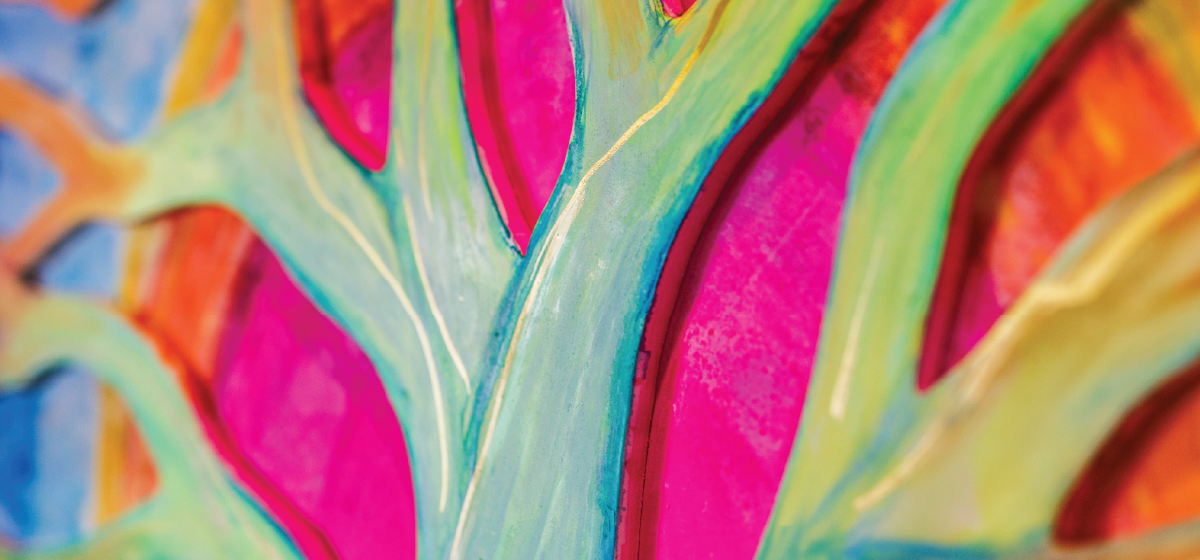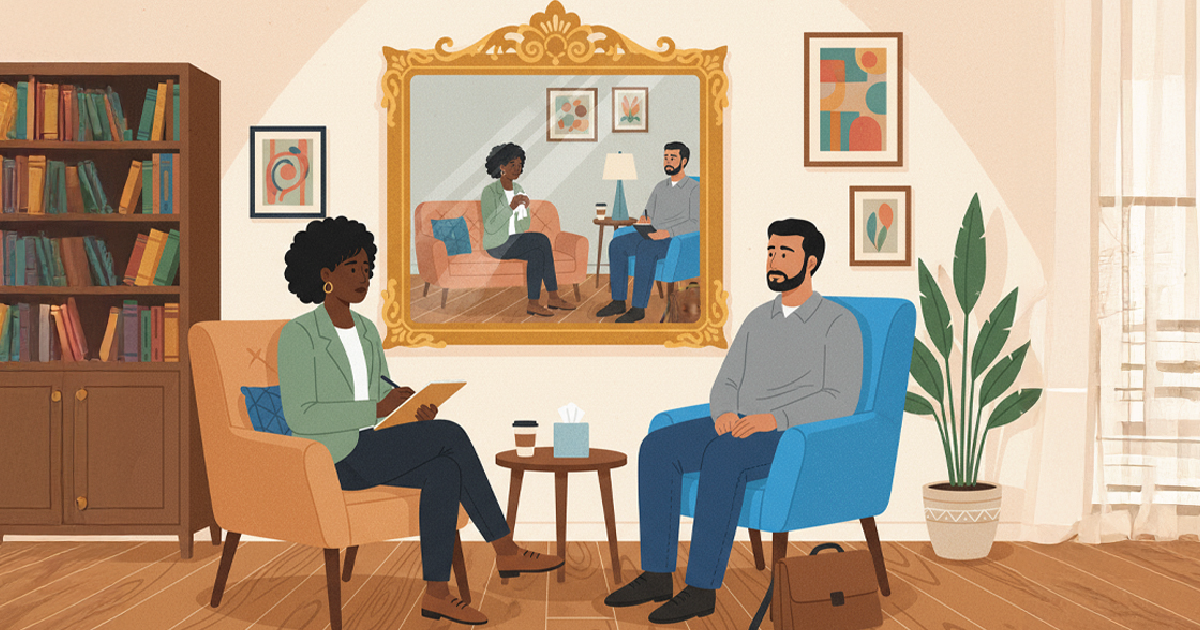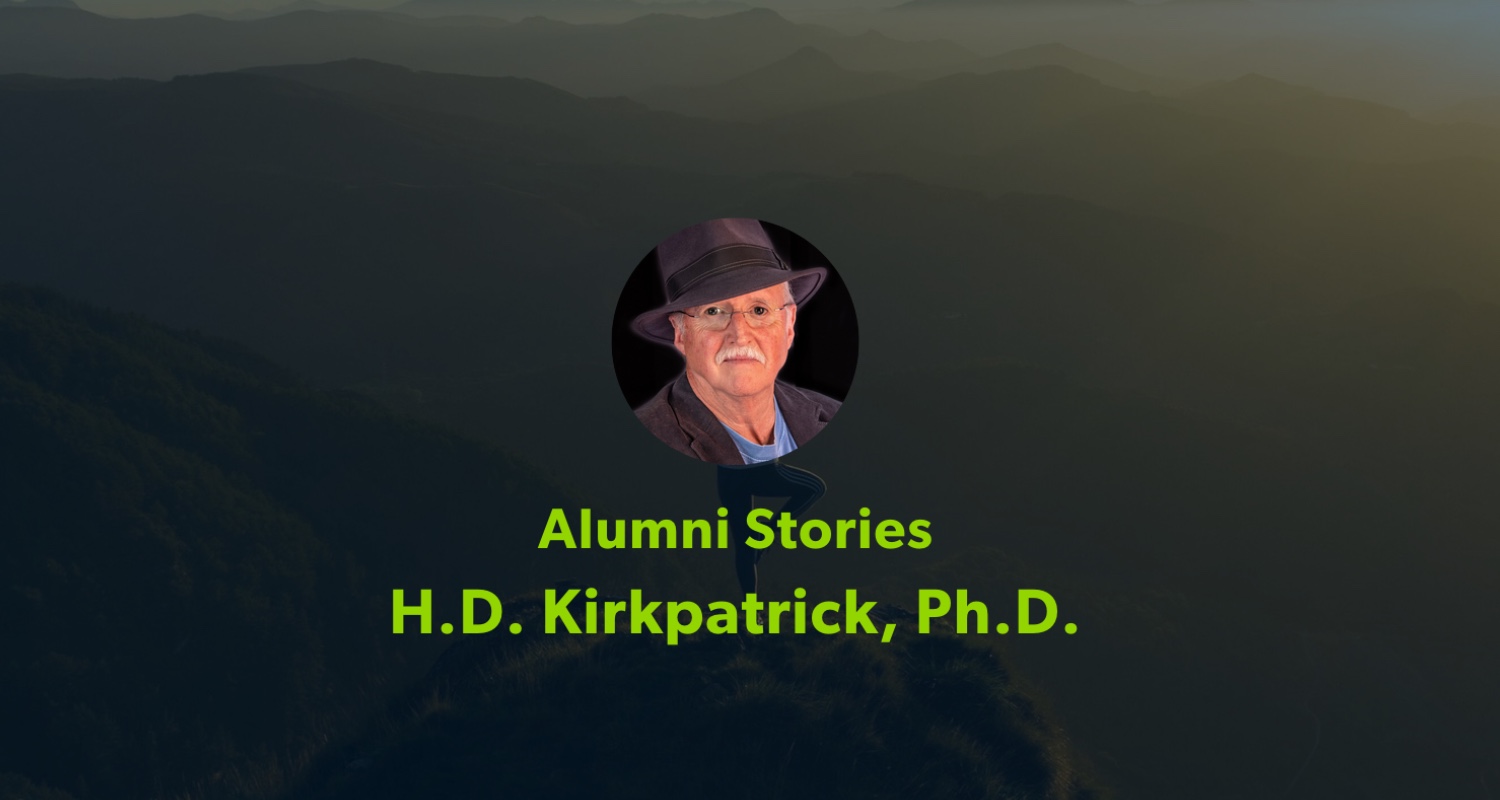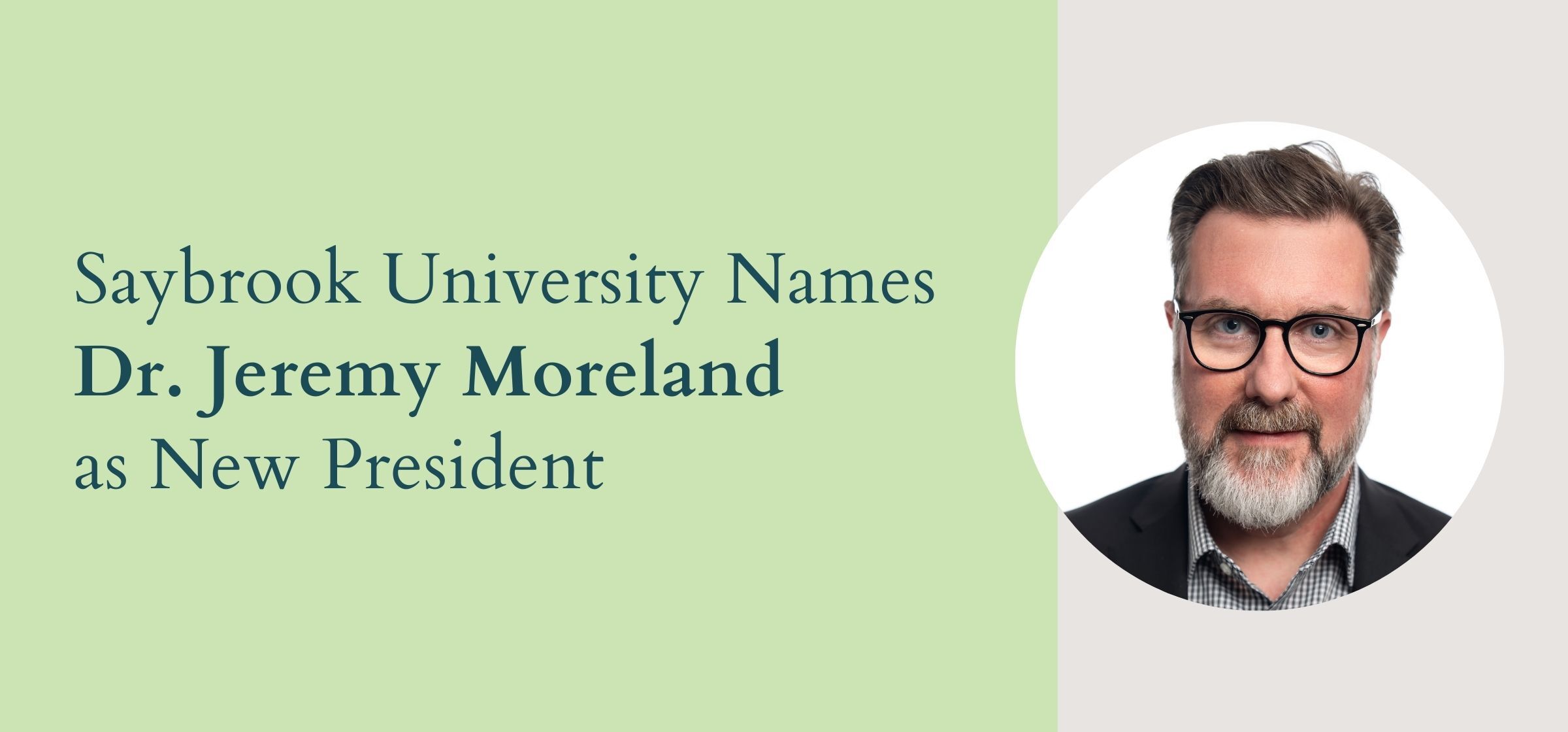Alison Horstmeyer—Saybrook alumna and former Fortune 500 executive—seeks to help others better their lives by understanding and harnessing curiosity.
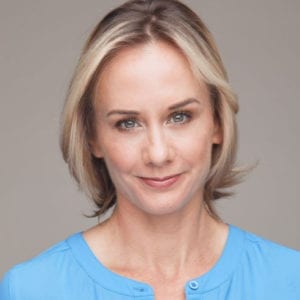
Alison Horstmeyer, M.S., MBA, was a powerhouse in corporate America—a success by any metric—before she decided to look for more. From roles at Walmart, NBC Universal, Liberty Media, and Omnicom, she paved the way for emerging businesses and networked her way through the Fortune 500. But something felt unfulfilled and under-nourished: her creativity. She was surrounded by colleagues who were stressed, anxious, and complacent, having to wade through a sea of empty promises of promotions, and a trajectory that sometimes stagnated rather than soared.
“As a female executive progressing up the ladder, there were times where I couldn’t get promoted, or my bosses promised to expand my roles, and then nothing would happen,” Horstmeyer says. “There were times where I felt I was unable to contribute my full potential or grow to expand my impact and influence in a positive and meaningful way. When that happened, I could feel myself shutting down. That’s one of the reasons that I went to Saybrook at the time I did because I realized I no longer had the energy to play the politics. I found it was more interesting to be of service to help others in the organization succeed.”
Horstmeyer now works as a management consultant, executive coach, and humanistic researcher—as well as completing her Ph.D. in the College of Integrative Medicine & Health Sciences at Saybrook and serving as the inaugural Research Fellow at the USC Annenberg Center for Third Space Thinking. Having already completed her M.S. in Mind-Body Medicine and her certification in coaching, Horstmeyer is fully diving into her life’s next direction.
Seeing all sides
This evolution isn’t completely novel though. Horstmeyer is not one thing or the other, rather she honors both sides of herself: her business acumen and her humanistic perspective.
She nurtured both sides from a young age. Horstmeyer worked on herself by going to therapy during college and was the first in her family to ever go on to graduate school, where she earned an MBA at the USC Marshall School of Business.
“I was speaking with a colleague recently, who works as a qualitative researcher and has been in academia for a long time. He could not wrap his head around the fact that I had a strong business orientation as well as a sophisticated humanistic perspective,” Horstmeyer says. “To me, this integration of the two worlds was so natural and innate. I’ve always been fascinated by the more humanistic side of how we show up and about the mind-body-behavior connection. I wanted to be able to combine my business-building background with the humanistic expertise in a way that could be of service to corporations.”
Curiosity in the workplace
At this current evolution, one word to describe Alison would be “curious.” In the fall of 2018, Horstmeyer published an article “Ease Stress by Getting Curious” in Saybrook’s UNBOUND digital magazine. Her doctoral research is investigating curiosity in the context of executive coaching. Originally wanting to research anxiety and the use of mindfulness to address it, Horstmeyer realized that there’s a part of mindfulness that requires one to be inquisitive and open—essentially, to be curious.
“The irony is that anxiety is inherent in curiosity. Think about it: if you’re going to explore unfamiliar territory, that’s when anxiety kicks in,” Horstmeyer says. “There are people who are curious enough to get back to certainty and those people are great problem solvers. There are also those who can stay with the highs and lows of navigating risky situations—they tend to be creators and innovators. It’s not if you are curious, it’s how you are curious. This is what we need to support in the workplace, especially in the corporate world. You have to set up an environment that makes it psychologically safe for people to ask questions, experiment, and learn from failure.”
For someone who works to cultivate curiosity in others, to inspire executives to change their practices, cultures, or workplaces, to continue to do the research she does, Horstmeyer has to prioritize staying curious herself. For her, it’s about creating a pause and setting an intention that informs how she shows up. The rest follows. It doesn’t mean she’s immune to anxiety herself.
“The last 18 months, I have been super uncomfortable because I’m doing things that I’ve never done before,” Horstmeyer says. “I feel like I have to practice what I preach. What I’m experiencing helps me to be more empathetic with others, particularly the people I coach. When individuals are willing to embark on their respective journeys to discover new aspects about themselves and about the world around them, that inspires me to get back to work, to do more research so I can present something meaningful to equip them with the tools to keep going.”
She’s quick to remind others though that curiosity doesn’t necessarily come easily. It takes effort.
“Curiosity can ebb and flow. You need to do things to nurture it, such as giving yourself permission to explore and to experiment with different scenarios or possibilities; in essence, to test and iterate,” Horstmeyer explains. “I’ve found that Saybrook provides a safe environment for experimentation. And isn’t that what every academic institution should offer?”
—
If you are interested in learning more about Saybrook’s graduate programs in counseling, fill out the form below to request more information.
Find Out More
Recent Posts

